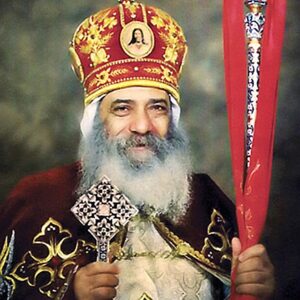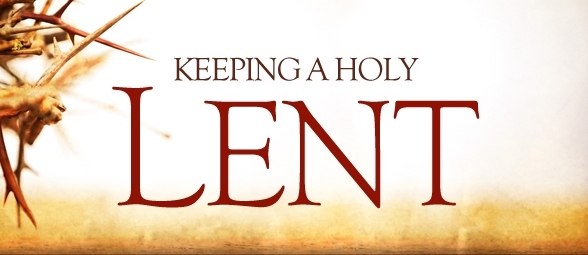Our entire life should be consecrated wholly to God, however there are days appointed by Him as “holy days”. If we are trained to keep these days holy, they will lead us to follow the example of the saints and Christ himself for the rest of our days. As a result of man’s weakness we …
Our entire life should be consecrated wholly to God, however there are days appointed by Him as “holy days”. If we are trained to keep these days holy, they will lead us to follow the example of the saints and Christ himself for the rest of our days. As a result of man’s weakness we find it difficult to continually be watchful of our actions and the desires of our body and soul and thus God stressed upon us the need to have days set aside for the Lord alone . As said in the Book of Leviticus these are proclaimed the days of “Holy Convocation.” (Leviticus 23:1).
We are given in the present church days for rejoicing and mourning. Days upon which we proclaim the name of our merciful and loving God, such as the Resurrection and Transfiguration, and days where we are humbled before Him due to our grievous sins, such as Good Friday and Great Lent. Yet all are blessed by God as a means to develop spiritually; the days of fasting, for example, allow us to develop the virtues of self-control and the supremacy of the spirit over the body. These “days” are times of prayer, worship and closeness to God sanctified and consecrated by the Son of God Himself.
These days are so vital to our spiritual life that to certain days like the sacred forty days of the Great Lent, the Church teaches us to prepare for this holy period by assigning another week of fasting during which a person trains themselves so that he may enter into the Lenten season with a ready heart.
You may ask yourselves: ‘Why should such great emphasis be placed upon fasting for the whole Church?’
Let me answer your question with this: There are some people who fast because of a certain problem; their fasting is accepted by God and the problem is solved due to the sacrifice they made for the sake of Christ. What then would be the effect of the fasting of thousands or millions of people, all at the same time?
It is important to note, however, is that people should fast within the spiritual means that are suitable for fasting; it is not merely abstinence from food, but it is a spiritual, holy fast that has its effect before God and man. If fasting is to be carried out in this way by a person, it requires the sanctification of offered prayers and the readiness of the heart through contrition of heart or, in a word, penitence.
Fasting without penitence is not a holy fast; this element in fasting is more important than abstinence from food. The times of penitence, even without fasting, are sacred times. They are times of joy, in which you share in the praise of God with the angels in heaven. The Scripture says “that there is great rejoicing in Heaven when one sinner repents.” How great would the rejoicing be then if penitence, accompanied by fasting and prayer was carried out by the whole Church at the same time?
Fasting is made holy by spiritual acts. Train yourself for the sanctity of life in these holy days, so that this sanctity may become a permanent program in your life. A person who trains themselves to let the times which are set to be holy stay holy, will truly feel the value of time in their life. They will not permit themselves at all to waste their time in trifling, useless things and the whole life will be dedicated to God. Thus the initial difficult task of keeping watch over the desires of the flesh will become a struggle filled with spiritual success.
Join Us: Sign Up Today!
Tags:











